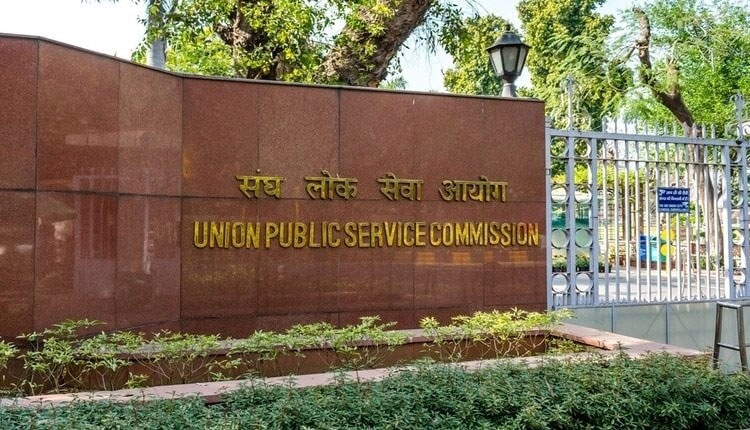New Delhi: The central government has reversed its decision regarding lateral entry into the Union Public Service Commission (UPSC), following widespread criticism. Union Minister Ashwini Vaishnaw addressed the controversy, highlighting that the withdrawal was driven by a commitment to social justice and the inclusion of reservation principles.
The initial decision to permit lateral entry through a transparent process had drawn flak, raising questions over the omission of reservation principles. Addressing the issue, Vaishnaw said, “Prime Minister Narendra Modi has consistently prioritised social justice and has taken a significant step by ensuring that the principle of reservation is included in lateral entry for UPSC.”
Vaishnaw emphasised that the government is aligning the lateral entry process with constitutional values championed by Babasaheb Bhimrao Ambedkar. “The decision reflects PM Modi’s unwavering dedication to upholding the Constitution and delivering justice to all sections of society,” he added.
The Union Minister pointed out that the current administration has prioritised reservation across various platforms, including NEET, medical admissions, Sainik Schools, and Navodaya Vidyalayas. He also underscored initiatives to honour Ambedkar’s legacy, such as the establishment of the Panch Teerth dedicated to him, and lauded the fact that India’s President hails from a tribal background.
Vaishnaw contrasted the current government’s approach with the previous UPA administration, which, according to him, did not adhere to reservation principles during lateral entries for key positions like Finance Secretary. “Previous lateral entries, including those of Dr. Manmohan Singh, Dr. Montek Singh Ahluwalia, and Dr. Vijay Kelkar, overlooked the principle of reservation. The Congress-led government failed to consider social justice in such appointments,” he remarked.
He concluded by reiterating that the government’s decision to include reservation in lateral entries is a step towards ensuring transparency and constitutional commitment, while also addressing the needs of marginalised communities.



Comments are closed.